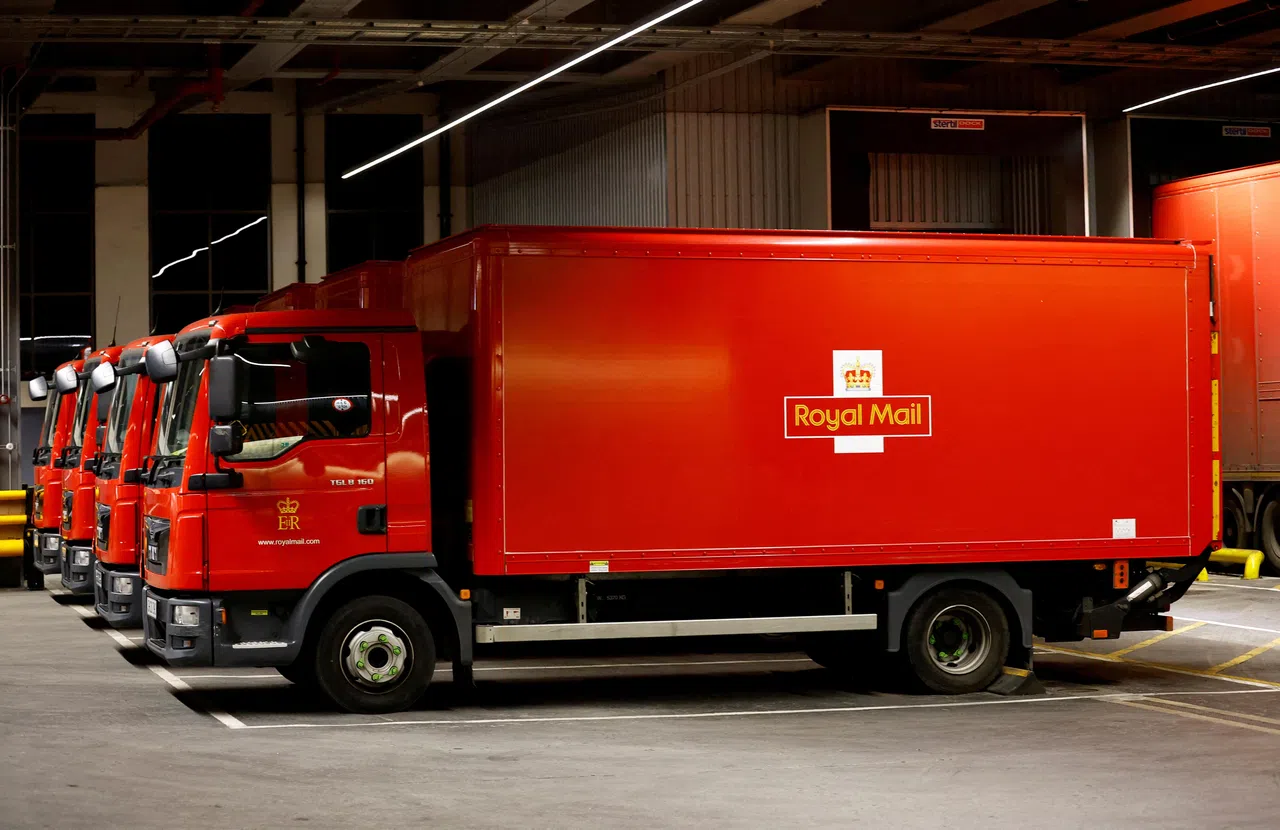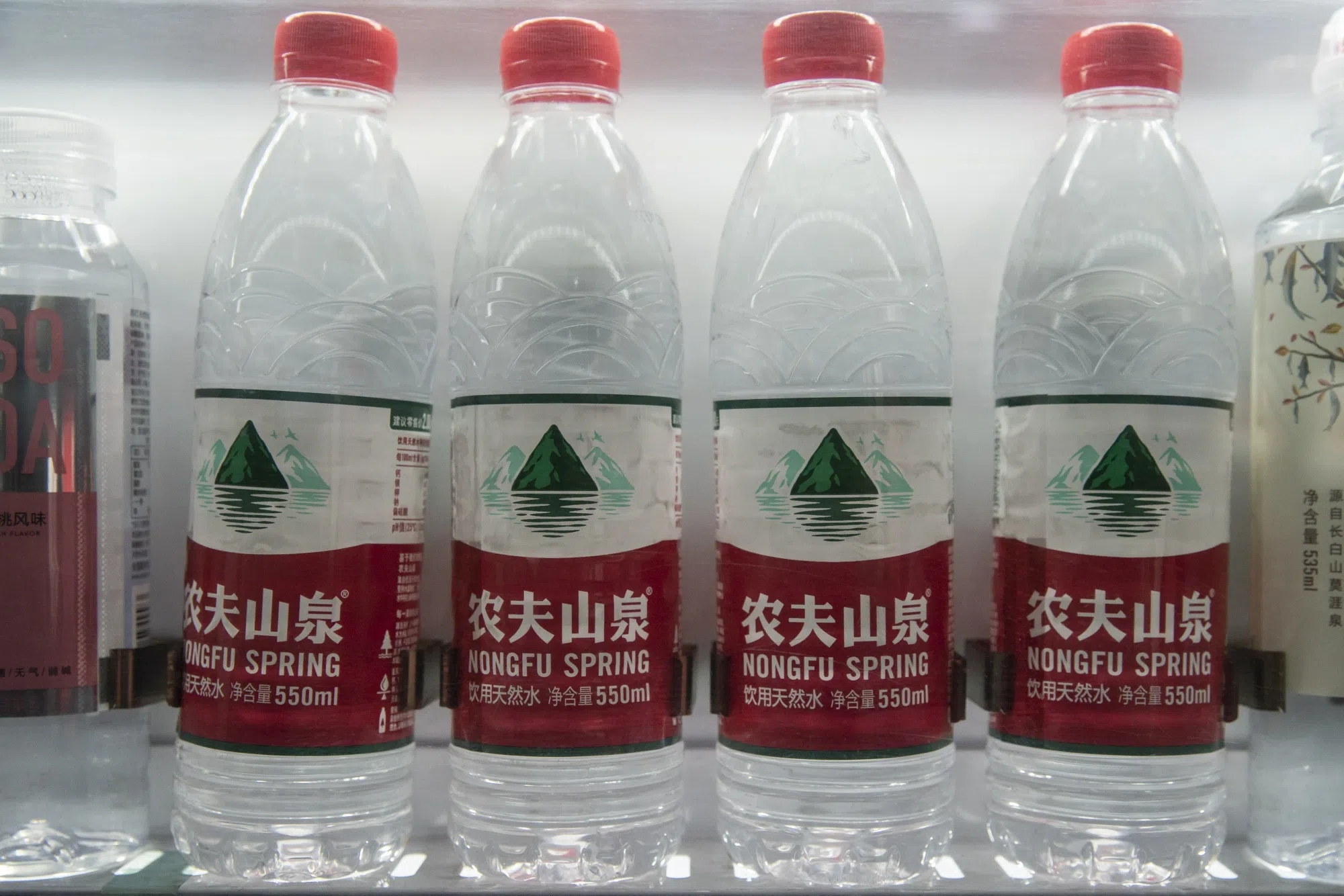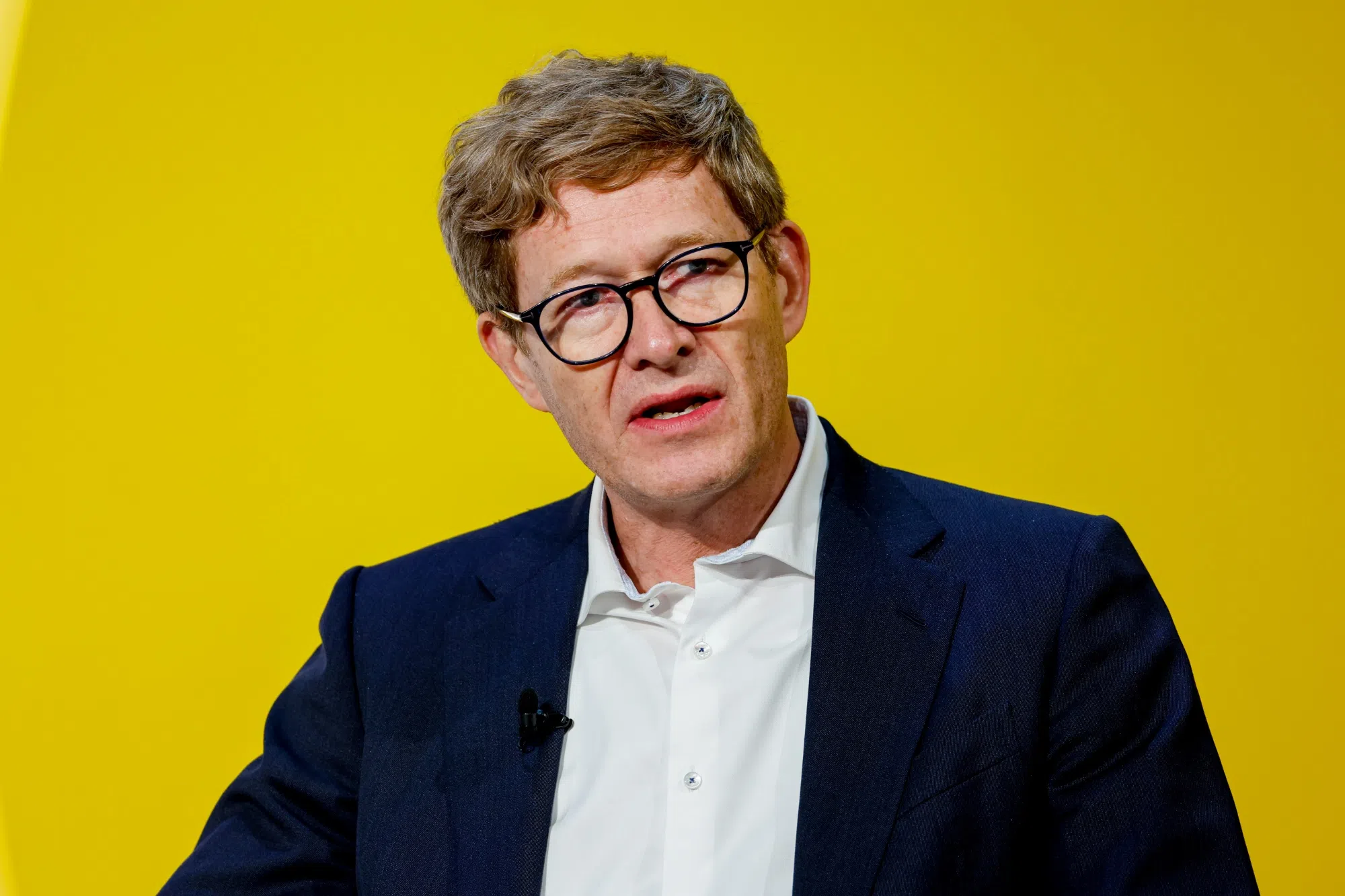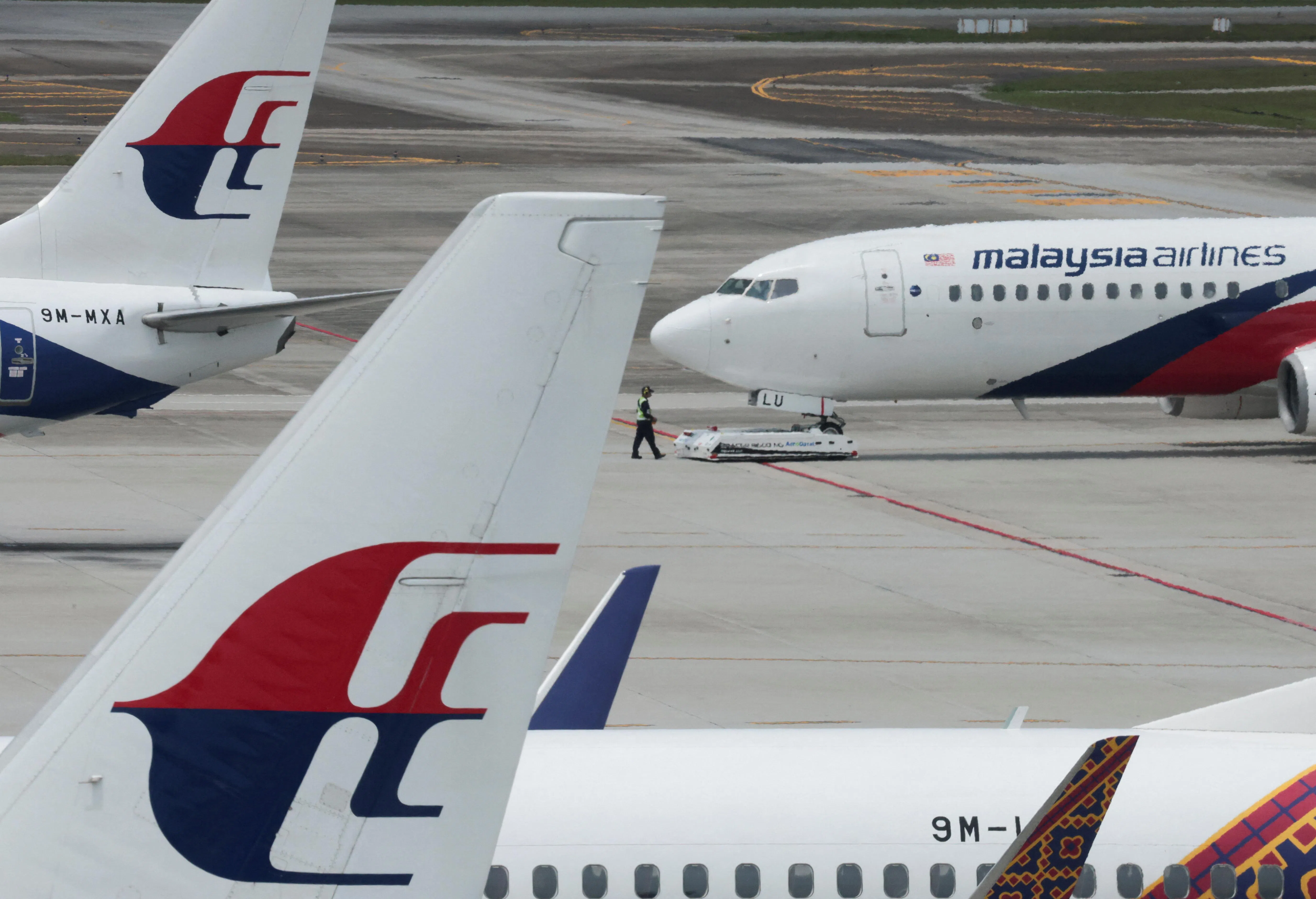Hyundai Motor plans to double its lineup of hybrid cars as demand for pure electric vehicles slows, and announced a US$3 billion share buyback as part of a plan to boost investor returns.
Unveiling a new strategy at its 2024 investor day on Wednesday (Aug 28), the world’s third-biggest carmaker said it will increase the number of hybrids in its lineup to 14 – moving beyond compact and mid-size cars to add large and luxury vehicles. However, it kept its EV sales target unchanged at 2 million a year by 2030.
Hyundai shares jumped 4.7 per cent in Seoul trading on Wednesday to the highest in just over a month as investors welcomed the buyback and the company’s commitment to pay a minimum annual dividend of 10,000 won (S$9.76) a share – the key planks in a strategy to target a total shareholder return of 35 per cent from 2025 to 2027.
“The shareholder return, which is the key interest of investors, is particularly impressive,” said James Hong, an analyst at Macquarie Securities Korea. “Overall, it beat market expectations,” he said, adding that 4 trillion won share buyback over three years was bigger than expected.
The move to accelerate the production of hybrids comes amid a broad slowdown in EV demand. Ford Motor, Porsche and Mercedes-Benz Group have all walked back their EV ambitions in recent months, while Tesla is well off the pace of 1.8 million cars sold last year.
To help combat range anxiety, Hyundai will also release an extended-range EV – which uses a small petrol engine to keep an on-board battery charged while driving – in North America and China. The car will be capable of travelling more than 900 kilometres on a single charge.
“While the rate of electrification is slowing, we’re still seeing stricter environmental regulations around automobiles, which means we can’t just sit and watch dwindling sales of EVs,” Hyundai’s chief executive officer Jaehoon Chang said at the investor day. “Extended-range EVs can tackle some of these issues, including consumers who are hesitant to purchase EVs because of their concerns over charging.”
Hyundai has been enjoying robust sales of hybrids, which accounted for around 12 per cent of total vehicle sales in the second quarter, propelling profit to a record. The company plans to produce hybrids at an EV plant it is building in Georgia, Chang said.
Among other initiatives announced at the investor day, Hyundai said it will spend 121 trillion won over the next decade to boost production and make progress in areas such as hydrogen cars, EV batteries and software for future mobility. BLOOMBERG

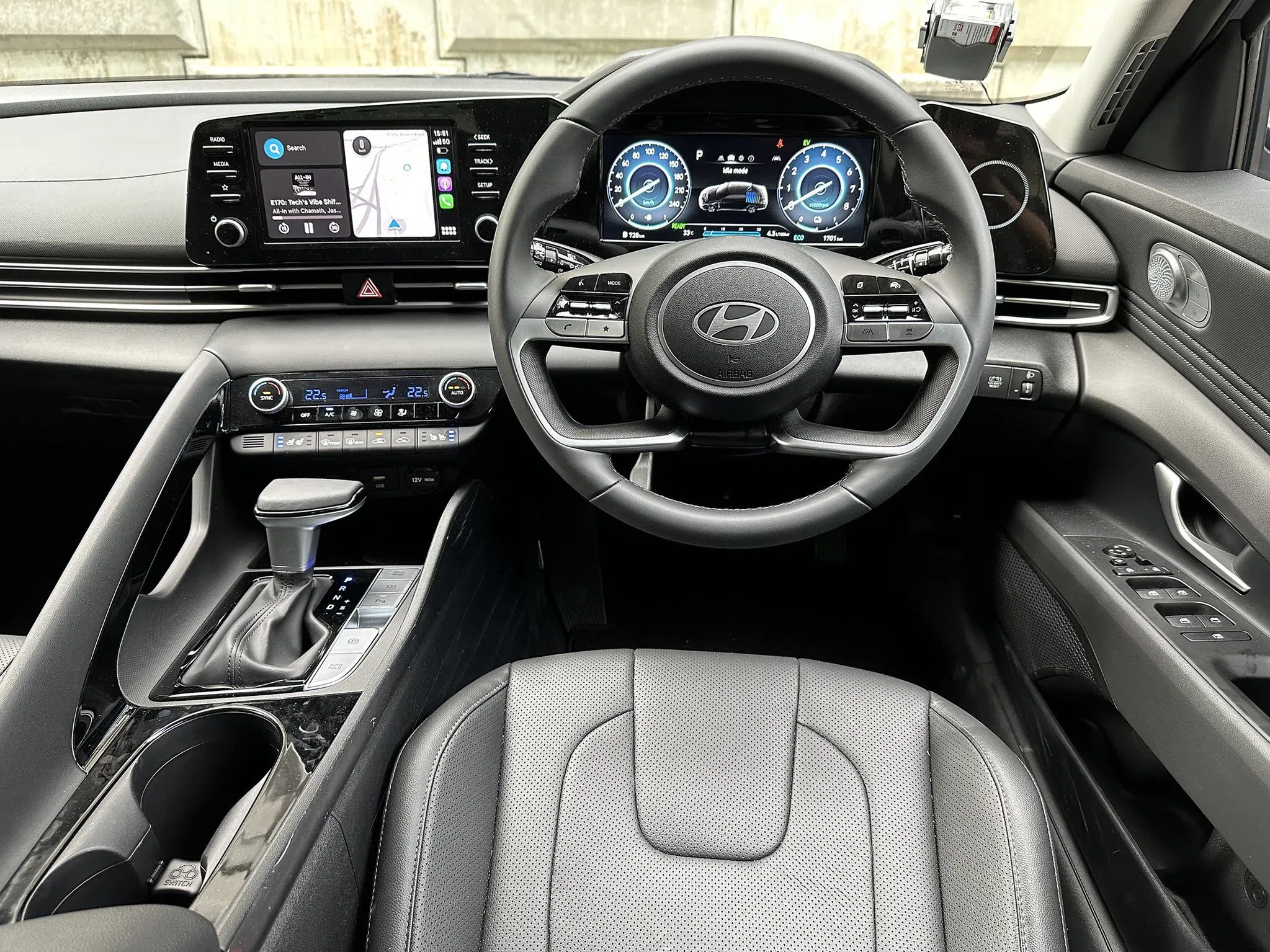

![Chilling Video Captures Moment Israel Drops ‘Colossal’ Earthquake Bomb on Syria as Explosion Gets Registered on Richter Scale [WATCH]](https://data.ibtimes.sg/en/full/78713/israel-earthquake-bomb.jpg)
